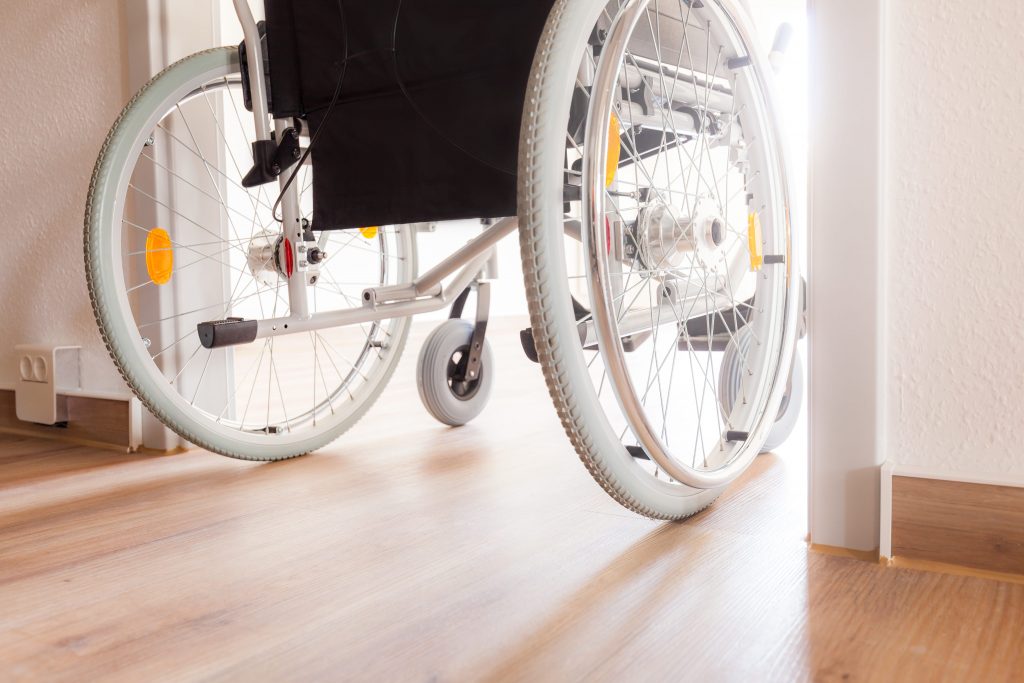How to fund your adapted home
The type of financial help available to you will depend on whether the alterations to your home will be major or minor. We’ve explained the difference below, which should help you work out what your options are.
Disabled Facilities Grant for major home adaptions
The Disabled Facilities Grant is available to help fund major adaptions to your home. Major adaptions to your home include bedroom and bathroom extensions, stair lifts and through floor lifts. You can apply for a Disabled Facilities Grant through your local authority. Eligibility for the Disabled Facilities Grant depends on whether your local authority decides that the major adaptions are necessary for your needs. An assessment by an occupational therapist is also carried out at this point.
The amount of financial help you’re entitled to depends on the area you live in. Disabled Facilities Grants are also means-tested, with the income and savings of you and any partner you have being taken into account when working out how much you’ll be entitled to.
The maximum Disabled Facilities Grants available are as follows:
- England: £30,000
- Scotland: Disabled Facilities Grants aren’t available, but you can find information about different types of support available for adaptations and equipment in Scotland here.
- Wales: £36,000
- Northern Ireland: £25,000

Minor adaptions
Minor adaptions to your home include building ramps, providing storage space for wheelchairs and installing intercom and door unlocking systems.
If you live in England, help can usually be provided by your local authority, which can supply disability equipment and fund minor adaptions costing less than £1,000. Eligibility for this help depends on an assessment.
If you live in Scotland, equipment is usually provided by your local authority. It can also fund adaptions costing less than £1,500.
If you live in Wales, you may be required to contribute towards the cost of your disability equipment and/or adaptions. However, the amount you contribute will depend on your financial circumstances and must be considered reasonable.
If you live in Northern Ireland, there are no standard guidelines and your local trust decides whether or not to fund any equipment or adaptions you need.
If these types of funding are not suitable for you, various charities can also provide assistance in obtaining equipment, building and helping with access to benefits and alternative grants.
Once adaptations have been made, it’s important that any equipment and modifications are properly protected. Specialist insurance policies are designed to ensure that key aids such as fitted adapted and special access bathing facilities, indoor stair lifts, electric and hydraulic hoists and ceiling lifts, access ramps, and low-height fittings, are covered.
This blog is intended for information purposes only and information was correct at the time of writing, January 2020.


